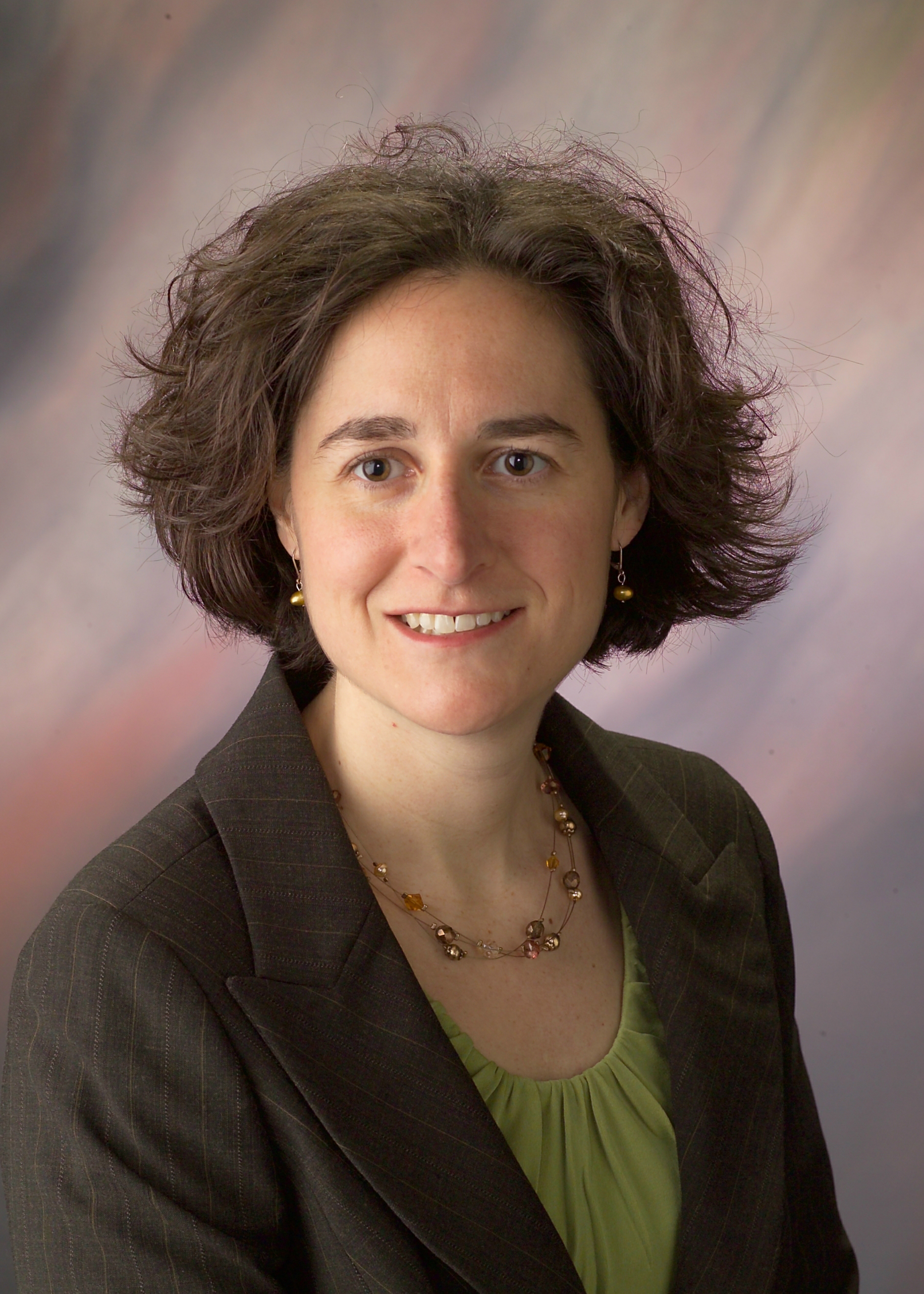Conference conversations: If you’re in a silo, every day feels like scaling Mt. Everest

Editor’s note: Megan Cortazzo, MD, will present “End the CDI Silo: How Collaborative Programs Improve Revenue, Quality, and Physician Engagement,” on Day 2 of the ACDIS conference. Cortazzo is the medical director of CDI and Health Information Management (HIM) at University of Pennsylvania Medical Center in Pittsburg, and an assistant professor of physical medicine and rehabilitation. This year’s conference takes place May 20-23 at the Gaylord Palms Resort & Convention Center in Kissimmee, Florida.
ACDIS: If a CDI program is just getting off the ground for the first time, who do you suggest they collaborate with first to ensure the program gets off the ground smoothly?
Cortazzo: I would recommend reaching out to a group who is currently providing documentation recommendations to providers. It is the perfect time to offer collaboration. For some hospitals those departments may be quality, HIM, or specific service lines. Everyone has the same aim—documentation integrity—and CDI can provide valuable insight into how words translate into codes and how those codes create many downstream effects.
ACDIS: In your opinion, how can CDI programs heal their relationship with other departments if they have historically not gotten along?
Cortazzo: There can be several approaches. If you know the reason for the poor relationship, and it can be addressed up-front, I highly recommend that. Often, however, no one can recall why or how the rift started. The biggest piece of healing those relationships is finding common ground that helps both departments. Trust me, the common ground is there—find it and show that department how you can help them succeed with their aims by teaming up. The proof is in the results, and when those results start coming through, you’ll gain their trust and break the barriers down.
ACDIS: What’s the risk of having a CDI department in a silo? Why is it important to break down those walls?
Cortazzo: The biggest risk is that you will not get buy in from anyone and everyday will seem like you are trying to climb Mt. Everest. The key to success is the collaboration.
ACDIS: What’s one thing attendees can expect to come away with from your session?
Cortazzo: I attended my first ACDIS conference in 2015. I was a brand-new medical director and wasn’t quite sure what CDI was about. I left that conference with so many ideas and felt invigorated to enhance our program. I think that no matter what your level of CDI program maturity, this presentation will help provide ideas to further develop your program.
ACDIS: In what ways does your session challenge CDI professionals to think outside the box?
Cortazzo: CDI (and most other departments) get bogged down in the day-to-day activities of their job. It is easy to get into a routine and not “rock the boat.” For many, collaboration is a form of rocking the boat, disrupting routine, putting yourself out there. Although initially it may be perceived as extra work, outside your zone, or just plain old daunting, the rewards are numerous. Relationships help build an organization and building those relationships across your organization only enhances the overall work environment and the mission of the organization.
ACDIS: What are you most excited for about this year’s conference?
Cortazzo: As always, there are so many excellent sessions, it will be difficult to choose which ones to attend. That is what I enjoy most about ACDIS, there is something for everyone. In addition to the sessions, I am also looking forward to the various keynote speakers.
ACDIS: If you could have any other job, what would you choose?
Cortazzo: If I could be a taste tester for a bakery—with a guarantee of not gaining weight, getting diabetes, or heart disease—that would be a great career! Since that isn’t possible, I’ll stick to being a physician and medical director, both of which I truly enjoy.
